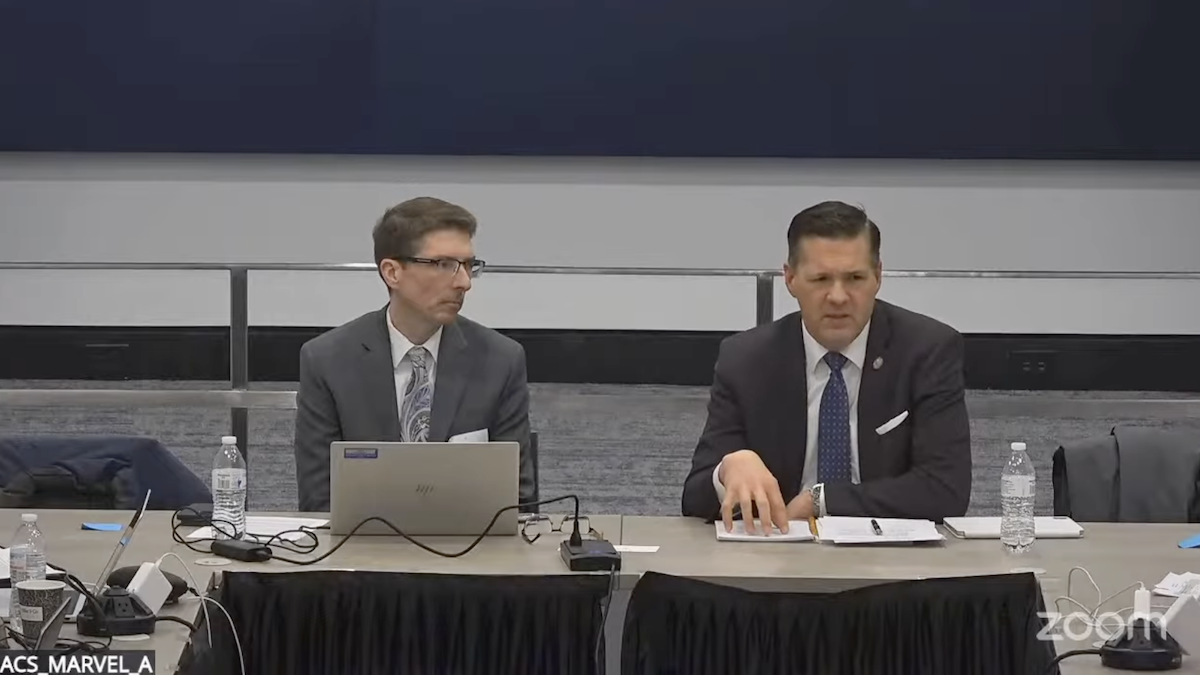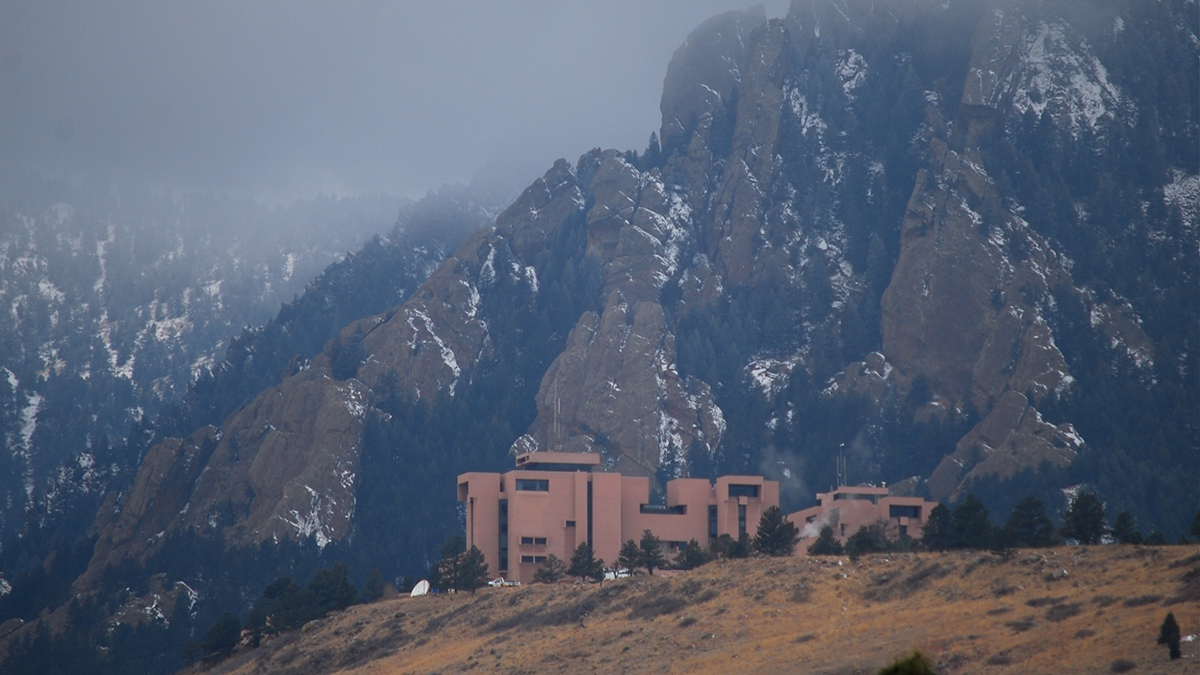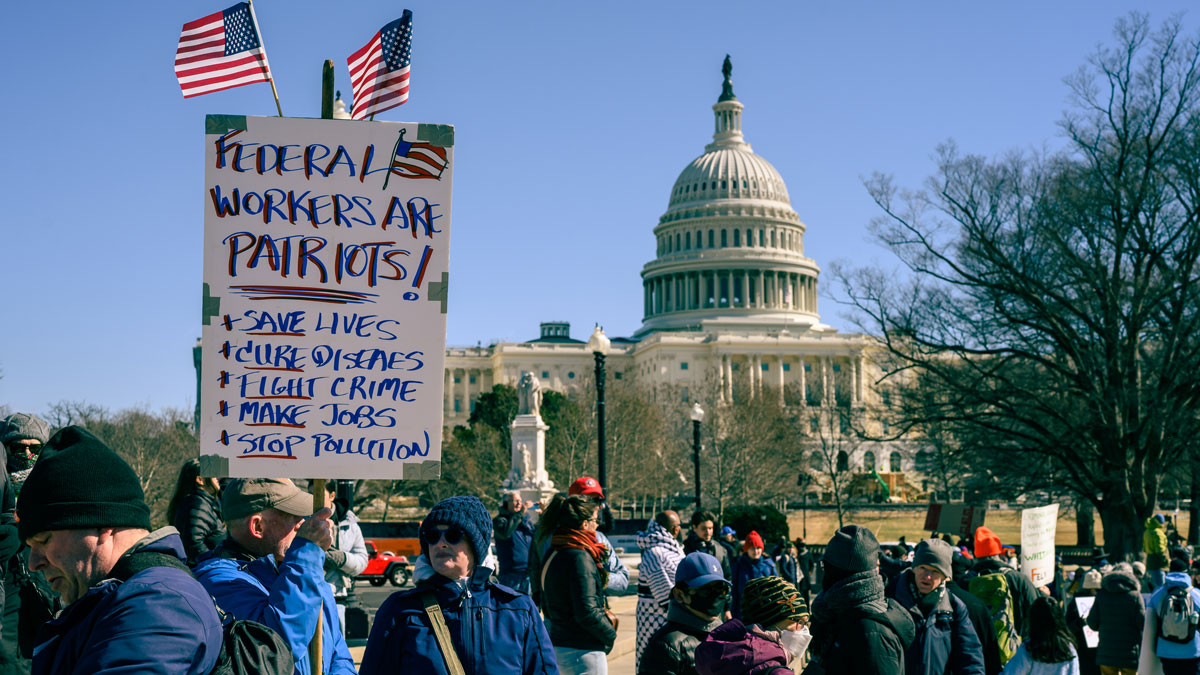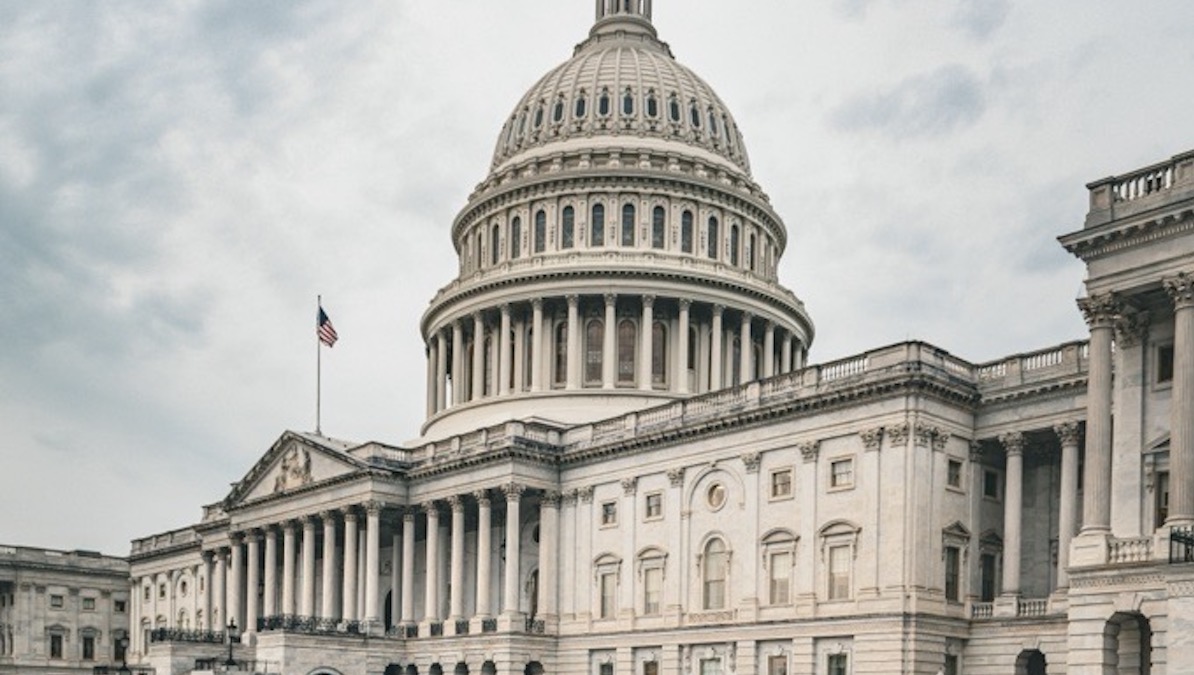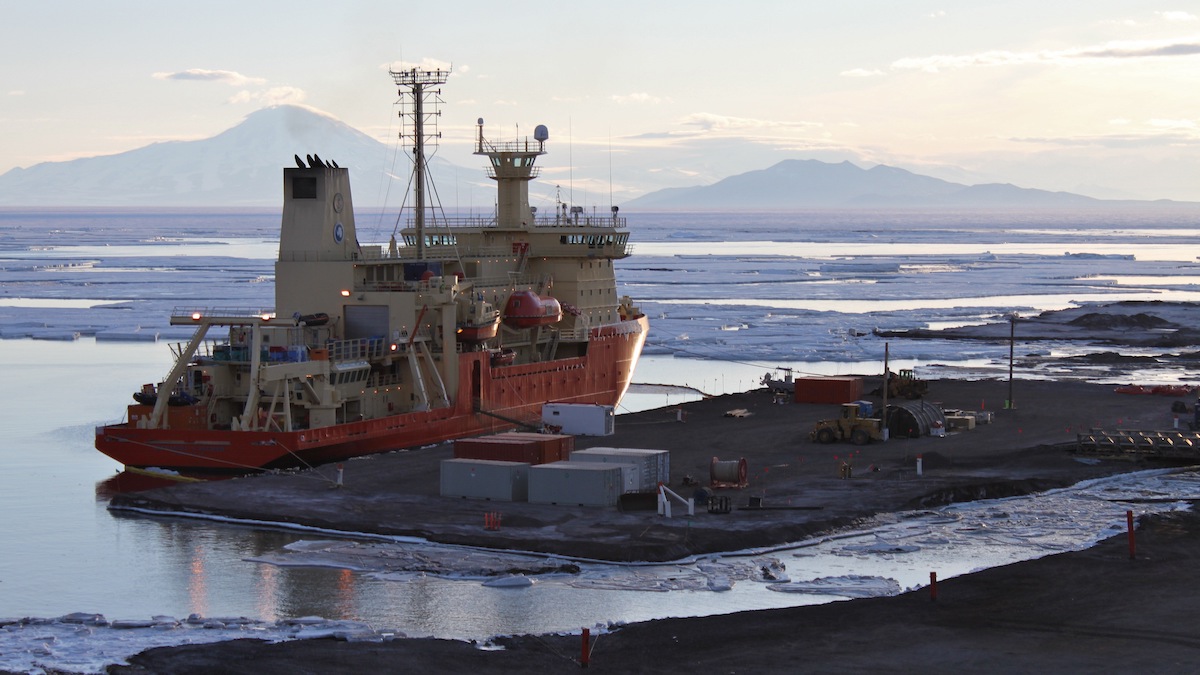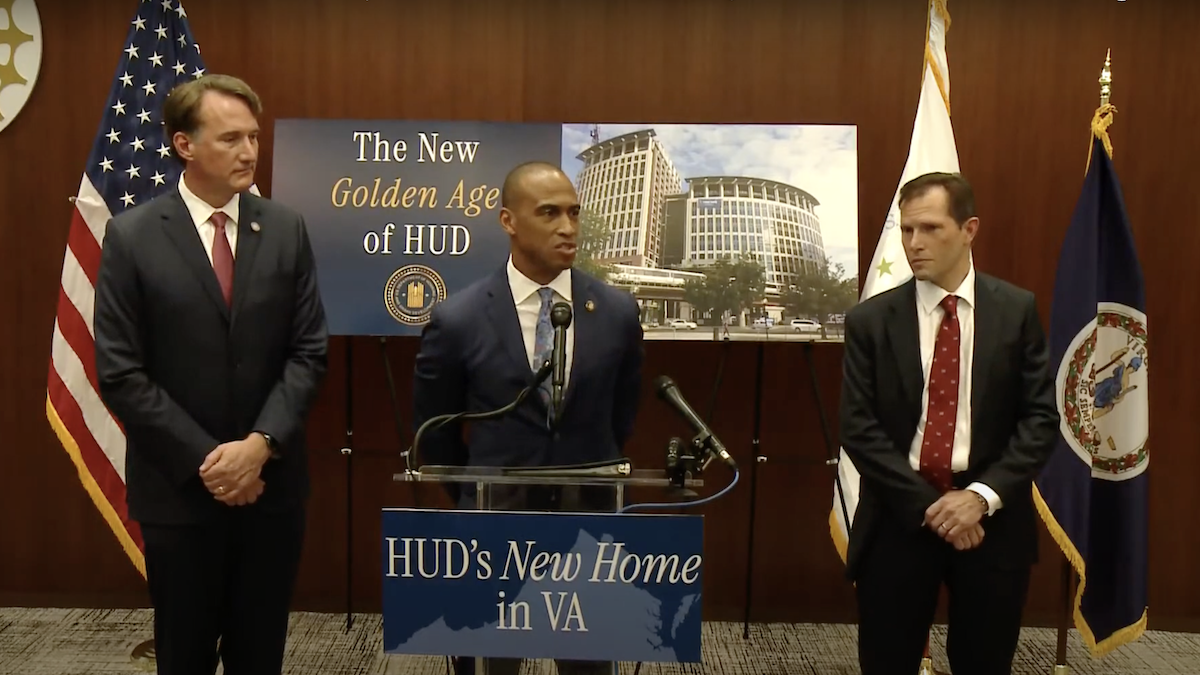After large reductions in staffing last year, the National Science Foundation (NSF) is now seeking to hire more employees.
NSF
Graduate Students’ NSF Fellowship Applications Are Being “Returned Without Review”
Graduate students applying for NSF funding have had their applications returned without review—even though their proposed research appears to fall squarely within the fields of study outlined in the program solicitation.
What Americans Lose If Their National Center for Atmospheric Research Is Dismantled
Five ways dismantling NCAR will cost the American people, and two ways to save it.
The State of the Science 1 Year On: The Federal Workforce
Thousands have left the federal workforce, and those who remain face significant uncertainty about their professional futures.
Science Agencies Shuttered in Government Shutdown
At 12:01 a.m. this morning, the U.S. federal government shut down. This shutdown comes after weeks of negotiations and pressure tactics failed to bring Congressional Republicans and Democrats together on a budget for the 2026 fiscal year or a continuing resolution to fund the government for a few more weeks.
Scientists Ask NSF to Keep Only Antarctic Icebreaker Afloat
On 28 July, more than 170 researchers sent a letter to National Science Foundation leaders and Congress, urging them to reconsider the decision to terminate the lease of the Nathaniel B. Palmer, the United States’ only Antarctic research vessel-icebreaker (RVIB) and a key part of science operations around the White Continent.
NSF Scientists Denounce Trump Administration Policies
National Science Foundation employees are among the latest federal scientists to issue a statement expressing concern over the Trump administration’s actions. The statement refers to “a series of politically motivated and legally questionable actions by the Administration that threaten the integrity of the NSF.”
National Science Foundation Staff Booted From Headquarters
Staff at the National Science Foundation (NSF) were notified on 25 June that the agency’s office space, located in Alexandria, Va., will be taken over by Department of Housing and Urban Development (HUD) staff, raising the question of where more than 1,800 NSF employees will work.
NSF Plans to Abolish Divisions
The U.S. National Science Foundation (NSF) plans to abolish dozens of divisions across all eight of its directorates and reduce the number of programs within those divisions, according to Science.
A spokesperson for NSF told Science that the reason behind the decision was to “reduce the number of SES [senior executive service] positions in the agency and create new non-executive positions to better align with the needs of the agency.”
New U.S. Budget Proposal Slashes Billions in Funds for Science
President Trump’s proposed 2026 budget, released today, slashes non-defense discretionary spending by $163 billion, a 22.6% reduction from 2025.

